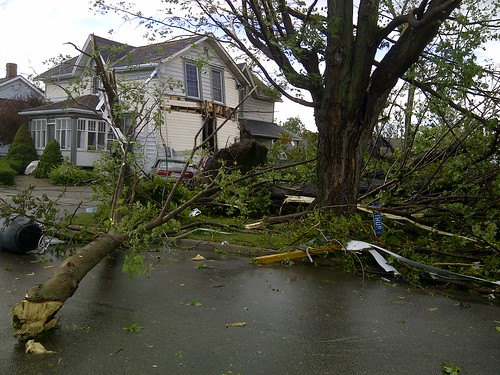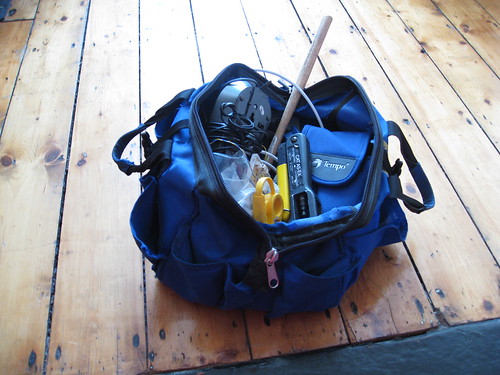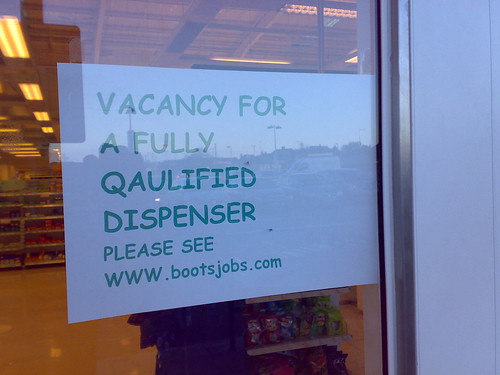Financial emergencies can strike anyone at any time. The best way to protect yourself is to have a sizable savings account, but this isn’t always possible. Here are some smart ways to handle sticky financial situations when you’re short of cash.
Visits to the Emergency Room
Image via Flickr by Rosser321
In 2009, the average cost of an emergency room visit was $960. When you have to visit the ER, go to a hospital within your insurance network when possible. If you’re uninsured or still face a large bill after your insurance has been paid, call the hospital and ask about financial assistance programs. In many cases, they’ll offer a reduced sum or allow you to use a payment plan.
Job Loss
Image via Flickr by Stephen Fulljames
Though unemployment has dropped overall in the past year, you never know when you might face a sudden job loss. If you’re without work, begin by filing for unemployment benefits if you’re eligible. Next, contact your lenders and tell them about your situation. You can defer some payments until you’re back on your feet. Reducing your living costs rapidly is your first line of defense while you search for another job.
Car Trouble

Image via Flickr by Mark Cartwright
It’s estimated that as many as one-third of all cars between the ages of three and 10 years will break down sometime over the next 12 months. If this happens to you, you need to find extra money fast. A savings account is your best option. If you don’t have enough in savings, try using a credit card or loan such as Arizona Payday Loans to get you through. Pay off what you’ve borrowed as soon as possible to reduce the overall cost.
Loss of Income from a Second Source

Image via Flickr by normanack
If you have a second job or earn income from a hobby such as selling on eBay, you’re in a tough spot when the money dries up. You’re not eligible for unemployment, so you have limited options. When you have a second source of income, it’s wise to save a significant part so you can get by if you lose this income stream. Look for creative ways to replace your second source and cut costs in the meantime.
Natural Disasters

Image via Flickr by PhotoJunkie!
Natural disasters are something that you rarely see coming. Protect yourself by making sure you have good homeowners or renters insurance. When disaster hits, talk to your insurance provider right away. Look for disaster relief and special assistance programs to help you rebuild in the aftermath.
Household Repairs

Image via Flickr by Kai Hendry
Ideally, you’ll always have a savings fund set aside for household repairs. If you can’t afford the cost of a new appliance or major repair, you should first consider whether it’s essential. You can live without a dishwasher while you save money for repairs, but you can’t manage without heat in winter. If you must have the repair done, shop around for the best price. Look for specials or coupons. Borrow the money or use a credit card when necessary.
Handling financial emergencies is never easy, but you can lower your losses by using smart tactics. Whenever possible, put extra funds into a savings account for just these kinds of situations.
Sources:
http://www.tradingeconomics.com/united-states/unemployment-rate
Start an Emergency Fund to Prepare for Financial Emergencies
http://www.more.com/reinvention-money/careers/survive-lifes-financial-emergencies?page=3



Leave a Reply